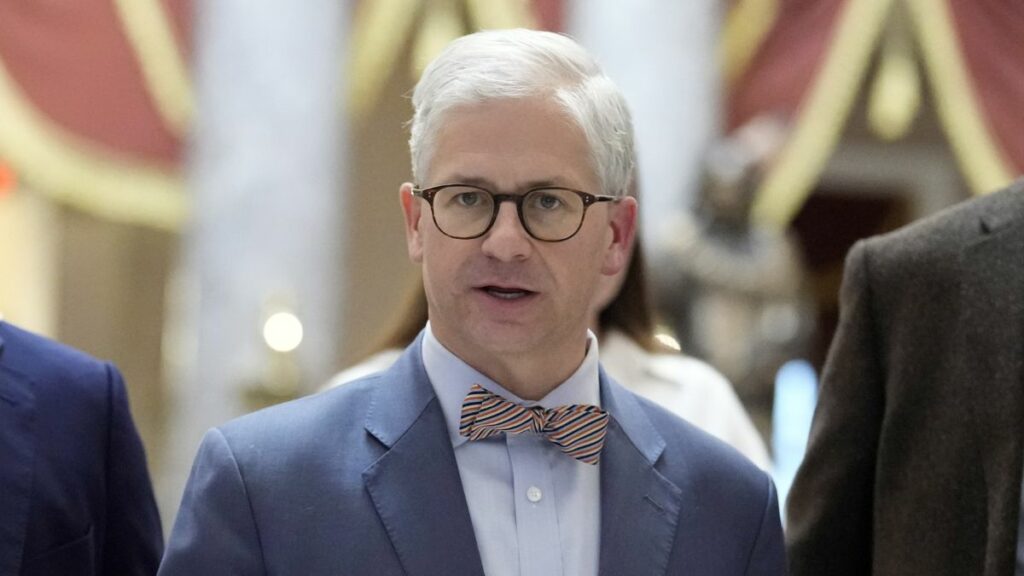Representative Patrick McHenry, Chair of the U.S. House Financial Services Committee, has called for clear regulations surrounding stablecoins. This call comes on the heels of PayPal’s announcement of its native stablecoin, PYUSD.
He highlighted the potential of stablecoins as a crucial element of modern payment systems, provided they are issued under clear regulations. As such, McHenry emphasized the need for comprehensive regulation to support digital assets’ growth and innovation.
#NEW: Chairman @PatrickMcHenry releases a statement following the announcement of PayPal's payment stablecoin launch.
👇 Read more 🔗https://t.co/LOF9ayUNnG pic.twitter.com/sRfSfLYbXQ
— Financial Services GOP (@FinancialCmte) August 7, 2023
“Clear regulations and robust consumer protections are essential to enabling stablecoins to achieve their full potential,” the Representative said. “That’s why it’s more important than ever that Congress enact legislation to provide comprehensive digital asset regulation, especially for stablecoins.”
Patrick McHenry Calls for Stablecoin Regulations
The endorsement comes as the Clarity for Payment Stablecoins Act, a regulatory framework for stablecoins, gains traction in Congress. While McHenry’s call for stablecoin regulations has gained bipartisan support, the Committee has differing opinions.
Some, like former committee chair Rep. Maxine Waters, express concerns that the proposed regulations could pave the way for tech giants like Amazon and Facebook to issue their own digital currencies, potentially exerting too much influence.

Despite these debates, Patrick McHenry remains committed to seeing the regulations through. He views PayPal’s entry into the stablecoin market as a pivotal moment that highlights the potential and promise of stablecoins. With PayPal’s stablecoin rollout and the ongoing discussions within Congress, the future of stablecoins and their place in the financial landscape remain exciting topics of conversation.
Controversy Sparks Concerns
As reported by Wealth Growth Insights, PayPal has recently unveiled PYUSD, a stablecoin pegged to the U.S. dollar. This initiative, developed in partnership with Paxos Trust, marks a significant stride for the company in the cryptocurrency domain. The move aims to make cryptocurrencies more mainstream for everyday transactions due to PayPal’s extensive user base.
While the introduction of PYUSD has raised excitement, it hasn’t been without its share of controversy. Some voices within the crypto community have expressed worry about a security feature known as “assetProtection” that gives the ability to freeze and eliminate balances. This sparked debates about centralization versus the decentralized principles of cryptocurrencies.
Nonsense. The centralization is that the value of the stablecoin is based on PayPal being legally obligated to redeem it for dollars. This mitigates that risk by helping to prevent innocent people from receiving tokens that PayPal is not legally obligated to redeem.
— David "JoelKatz" Schwartz (@JoelKatz) August 7, 2023
However, in response to these concerns, Ripple’s Chief Technology Officer, David Schwartz, clarified that PYUSD’s true centralization lies in its tie to PayPal’s legal obligation to exchange the currency for US dollars. He explained that the security feature ensures users don’t receive tokens that PayPal isn’t legally bound to redeem.










